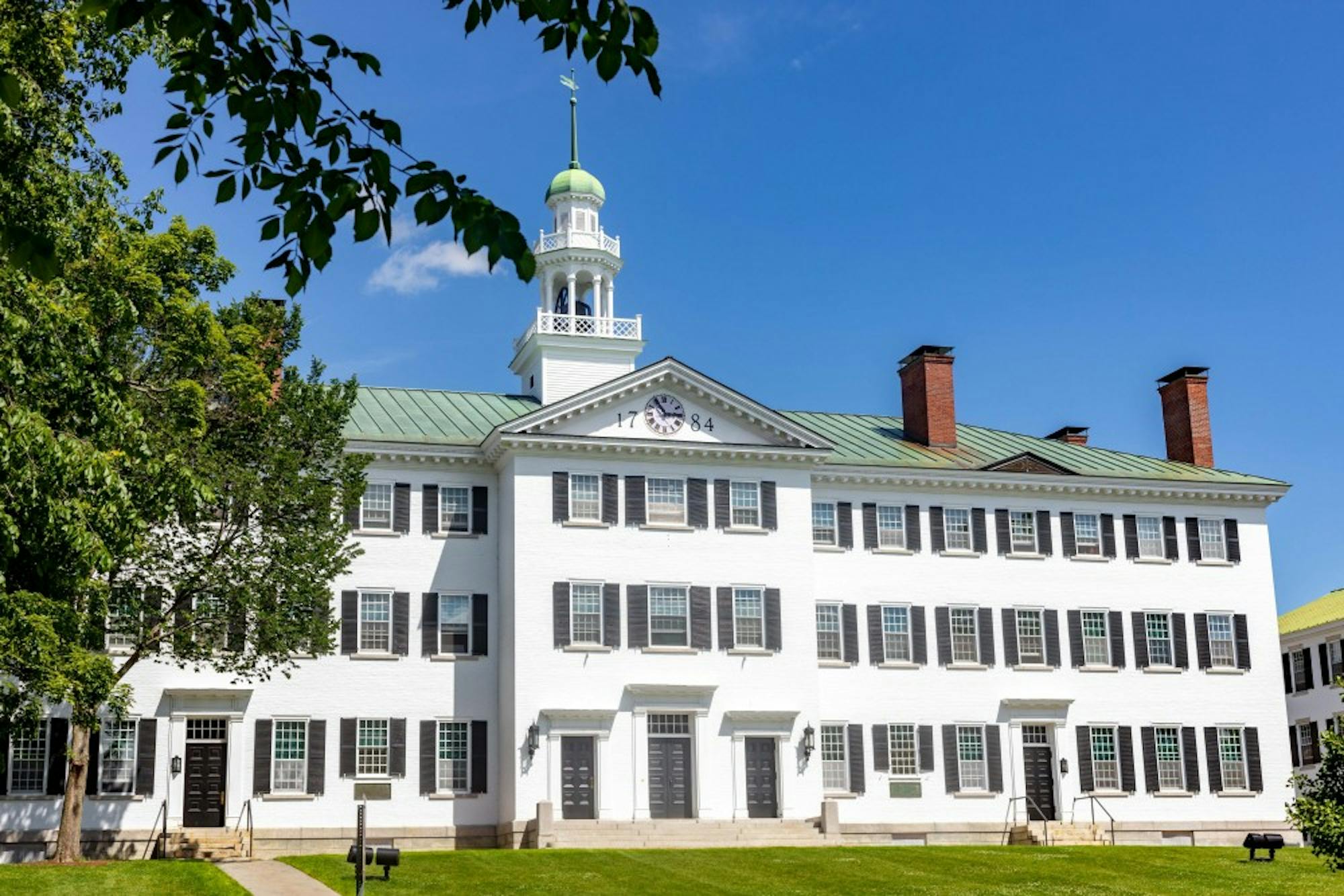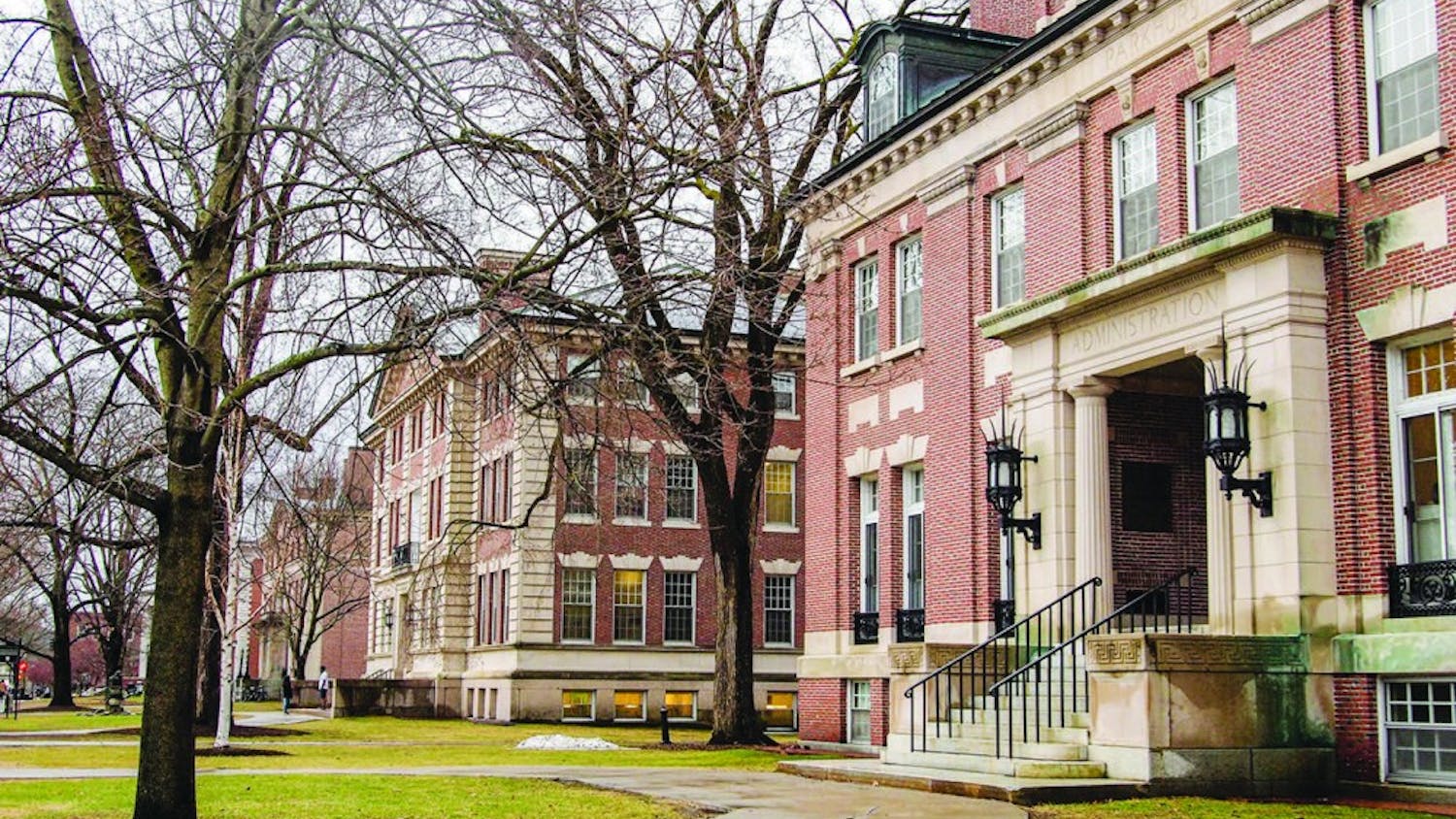The College’s new Sexual and Gender-Based Misconduct Policy will go into effect Sept. 1. While the SMP clarifies the College’s policies regarding sexual assault, it does not change much of the student experience, according to Title IX Office coordinator Kristi Clemens.
Clemens said that the policy primarily streamlines procedures and resource information, emphasizes affirmative consent and covers the distribution of sexually explicit photos and videos.
“The new policy, which will provide clarity and consistency across the institution, takes the place of separate policies that existed for faculty, students and staff,” provost Joseph Helble wrote in a campus-wide email on Aug. 12. “It clearly identifies conduct that is unacceptable and will not be tolerated in our learning community.”
Helble’s message to the community came approximately a week after the settlement of the class action lawsuit against the College in which multiple women currently or formerly affiliated with the College’s psychological and brain sciences department alleged that Dartmouth had failed to protect its students from sexual misconduct by three former professors. While announcing the settlement, College President Phil Hanlon cited the mediation process as a step forward for the Campus Climate and Culture Initiative, a program that works in tandem with Moving Dartmouth Forward and Inclusive Excellence to create a more welcoming and equitable environment at the College.
According to Clemens, cultural change, rather than policy change such as the SMP, will have the greatest impact on campus culture. She added that cultural change must come from the students themselves.
Olivia Fine ’20, who has been involved in both the Movement Against Violence and the Student and Presidential Committee on Sexual Assault, said that she believes sexual assault is an “epidemic” on Dartmouth’s campus. She added that she has decided to transfer from the College in part because of the nature of gender-based violence on campus.
A College survey conducted in 2017 on sexual misconduct found that 34 percent of female undergraduates at Dartmouth report non-consensual penetration or sexual touching involving physical force or incapacitation since entering college. According to the Rape, Abuse & Incest National Network, 11.2 percent of undergraduate and graduate students in the U.S. experience some form of sexual assault. Students who identify as female experience sexual assault at a rate of 23.1 percent, according to RAINN.
Fine said she believes that there is an effort by a dedicated group of students to combat sexual assault but that wider support on campus is necessary. She noted that while students and campus groups, such as MAV, SPCSA, and the Sexual Assault Peer Alliance, are able to make a difference on campus, it is unfair to require students to expend so much time and energy on the issue.
“It’s not entirely fair that so much responsibility and labor falls on students who are unpaid and dedicate their own time,” Fine said.
She added that making policies clearer is a step in the right direction, but said she does not know how effective SMP will be, since it does not introduce anything new to the College’s policies overall.
SPCSA board member Maggie Flaherty ’21, who became involved with SPCSA and MAV because of the gender-based violence she has witnessed on campus, said that she believes effecting cultural change at the College will take time.
“Culture shift is a very long process,” Flaherty said. “There’s a heteronormative structure on campus. There’s a lot of entitlement, ownership of space and a culture that permits violence — this stay-out-all-night drinking culture.”
In addition to the creation of SMP, MAV will also experience changes beginning in the fall. It will no longer function as an organization on campus; instead, the College will launch a comprehensive four-year Sexual Violence Prevention Program, which has been in a pilot phase for the past three years.
“The goal is to meet students where they are in their social and cognitive development and enact behavioral change,” said associate director of the Student Wellness Center Amanda Childress.
SVPP will center on five tenets: resources, support and what sexual violence is, building healthy relationships and sexual behavior, respectful communication across differences and bystander intervention, Childress said.
Although MAV was an effective program, SVPP has been more specifically researched and crafted, according to Childress.
She added that it will also place less of a burden on students to be in charge of educating their peers with essential information; however, she noted that many of those involved with MAV are helping out with SVPP.
A singular first-year program will give way to a set of sessions that students will be able to self-select in their sophomore, junior and senior years.
Childress, along with assistant director for violence prevention Benjamin Bradley, are still fine-tuning the upperclassman curriculum for the required programming.
“The ’23s are not guinea pigs at all,” Childress said. “We’ve always had first-year education on this; it’s just tailored and revamped.”



